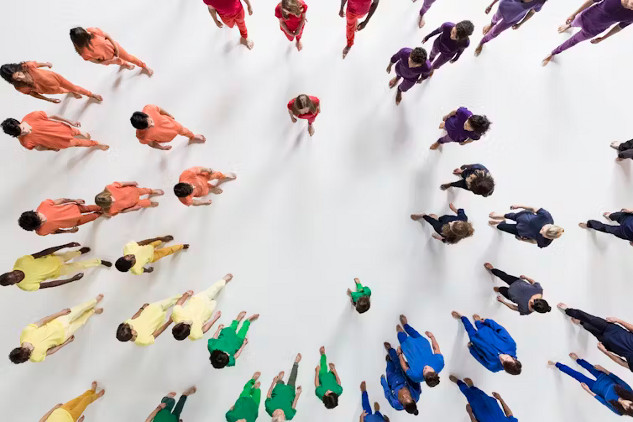
Despite a seemingly divided nation, American voters show surprising agreement on key issues like abortion, immigration, and wealth inequality. This article explores the areas where Americans find common ground and the cultural divides that persist.

Pronatalism is the latest Silicon Valley trend. What is it – and why is it disturbing?

Quick, blame the deep state! The tactics at play when Conservatives spout conspiracy theories

Humans tend to craft tidy narratives to explain history and current affairs as if events unfold predictably due to understandable causes and effects.

Propaganda is communication designed to bypass critical and rational examination in order to provoke intended emotional, attitudinal or behavioral responses from an audience.

With over half the world’s population heading to the polls in 2024, disinformation season is upon us — and the warnings are dire. Disinformation threatens global elections – here’s how to fight back

Europe is anticipated to take a sharp right turn in this year’s European parliament elections. The past decade has already seen a rightward shift in India, and the United States has the greatest gap between left and right for 50 years.

70% of Republicans said it is more important to protect gun rights than to control gun violence, while 92% of Democrats and 54% of independents expressed the opposite view.
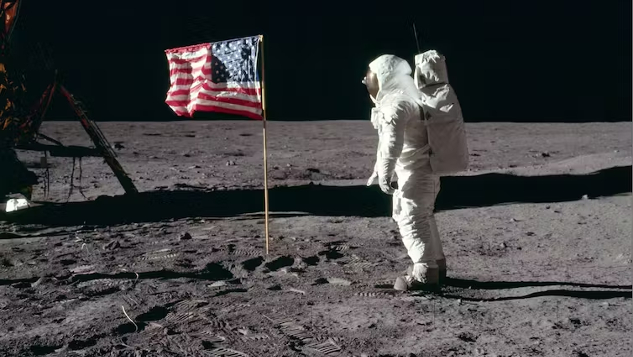
Why some people don’t trust science – and how to change their minds

Do you like scary movies, true crime podcasts, or violent sports? Research has shown that a major part of the attraction is their appeal to morbid curiosity.
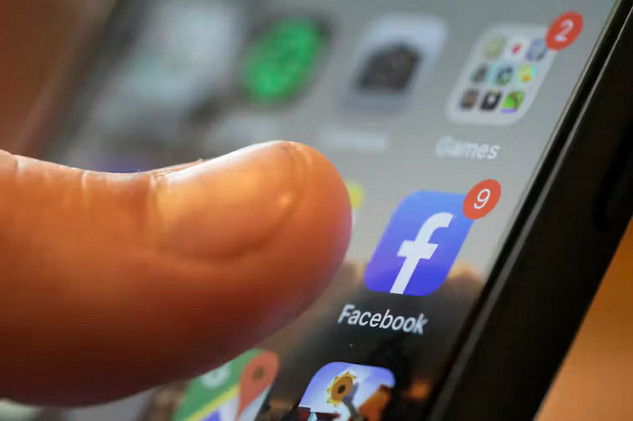
How much misinformation is on Facebook? Several studies have found that the amount of misinformation on Facebook is low or that the problem has declined overtime.

In some parts of the world, the rules are strict; in others they are far more lax. In some places, people are likely to plan for the future, while in others people are more likely to live in the moment.

Of mice and matriarchs: the female led societies of the animal kingdom.
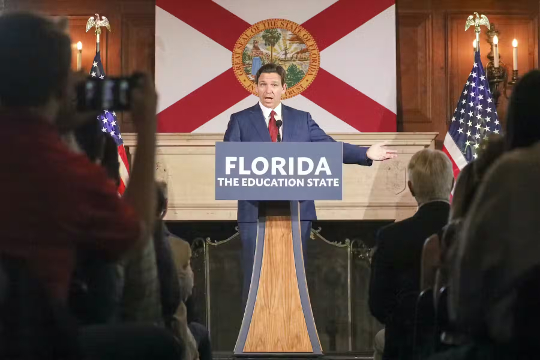
Discover the shocking story of how Mem Fox's beloved children's book, Guess What?, was banned in Florida schools over a bathing illustration. Explore the conflation between nudity and sexuality and the implications of book censorship in the US.

Portraying injustices is not something novel. From the beginning of the twentieth century to present day, many photographers have been concerned about leaving their mark. But can we try to change the world – even make it a better place – through a photograph?

Does wearing a mask stop the spread of COVID-19? Is climate change driven primarily by human-made emissions? With these kinds of issues dividing the public, it sometimes feels as if people are losing our ability to agree about basic facts of the world.
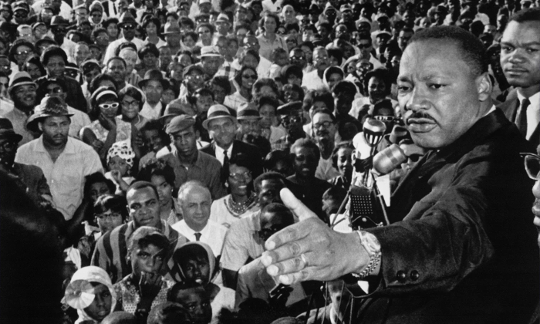
January is a month that commemorates a darker, more recent memory of the Jan. 6, 2021, attack on the U.S. Capitol by right-wing extremists. The two issues—misuses of King’s memory and the Jan. 6 attacks—may seem like unrelated phenomena.

Media theorist Marshall McLuhan suggested that each media-related extension of man comes at the expense of another organ. For example, by increasing reliance on visual media, we lose touch with oral communication.

The Knowledge Age of the past two decades was supposed to bring greater understanding and even enlightenment. So why are people so emotional, misinformed, and unreasonable?

The Knowledge Age of the past two decades was supposed to bring greater understanding and even enlightenment. So why are people so emotional, misinformed, and unreasonable?
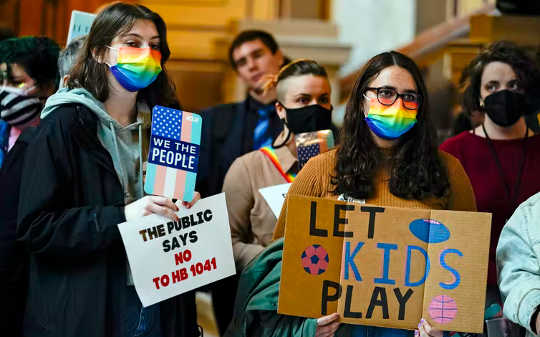
As a civil rights scholar, I have found that campaigns that mischaracterize LGBTQ-supportive policies as harmful to young people are a staple strategy conservatives use to galvanize their base.

As a psychiatrist, I’ve never talked so much about politics with my patients as I have in the past two years.



















